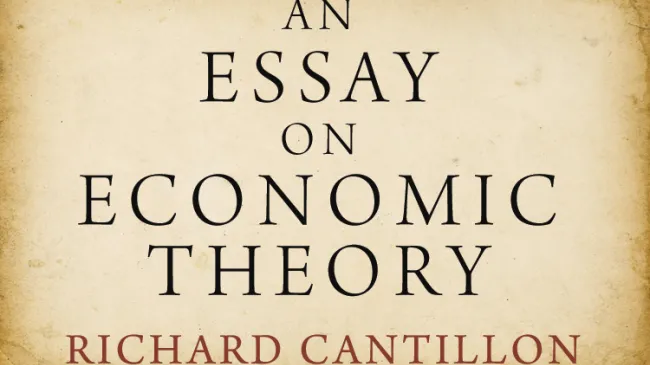Monetary Theory
3.8. The Refinements of Credit of General Banks
1.8. Some Artisans Earn More, Others Less, According to the Different Cases and Circumstances
A Critique of Monetarist and Austrian Doctrines on the Utility and Value of Money
From The Review of Austrian Economics Vol. 1, No. 4, 1987.
The Central Fallacy of Keynesian Economics
Keynes’s theory of Aggregate Expenditures from the General Theory is examined and criticized. Keynes suggested numerous reasons why his marginal propensity to consume (MPC) might vary across individuals, over different time periods, and might be fundamentally heterogeneous in other respects, but assumed a constant MPC for tractability.
The October Issue of The Free Market Is Online!
In case you missed it, be sure and check out the October issue of The Free Market, now o
Why The Theory of Money and Credit Is More Important Than Ever
Eighty years ago, Mises’s The Theory of Money and Credit first appeared in English.
Why The Theory of Money and Credit Is More Important Than Ever
Eighty years ago, Mises's The Theory of Money and Credit first appeared in English. It remains one of the most important books on money and inflation penned in the twentieth century, and it still offers the clearest analysis and understanding of booms and busts, inflations and depressions.




